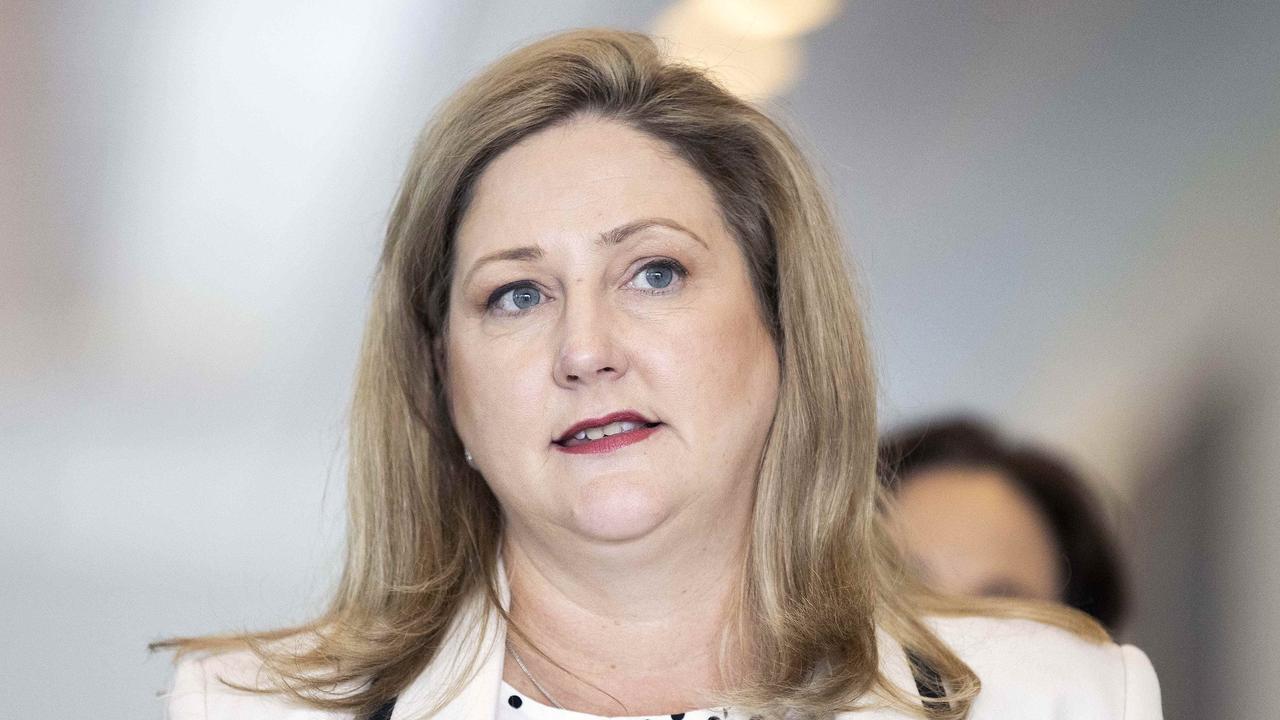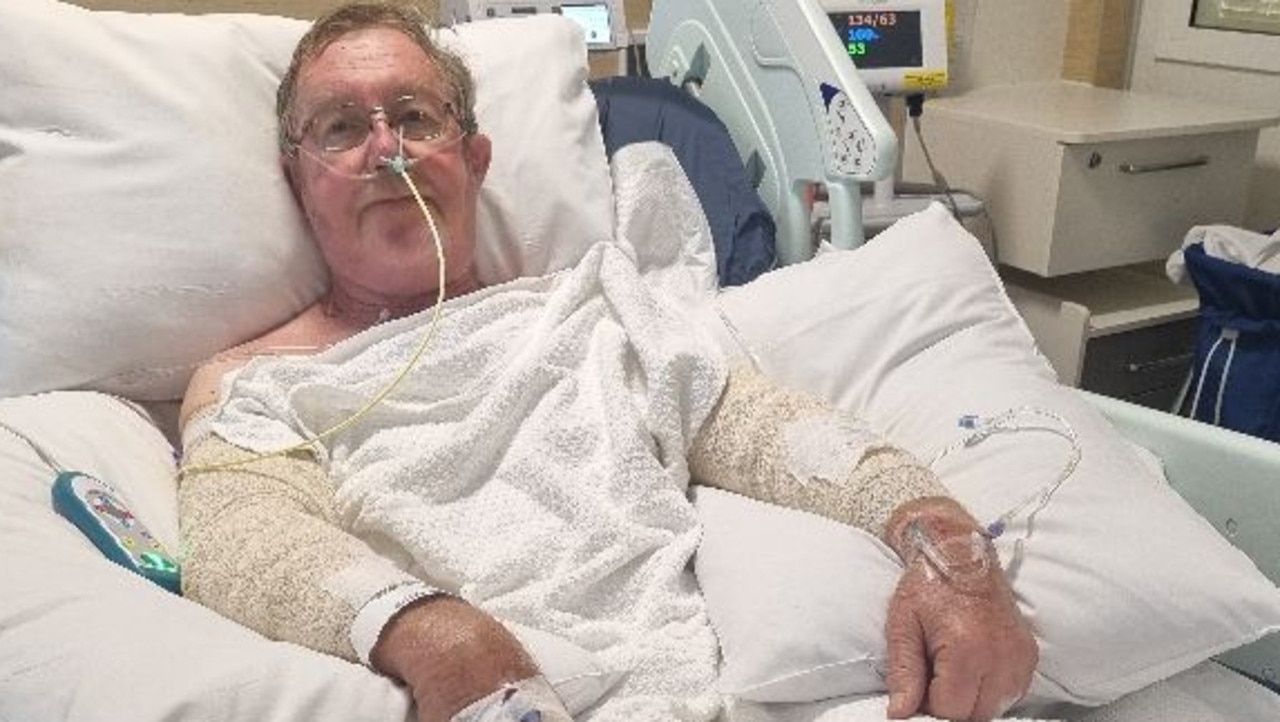Locals say Ceduna’s social services have become a drawcard for the wider community, importing anti-social behaviour
Locals say there’s a cruel irony behind the reason Ceduna has become ground zero for anti-social behaviour on SA’s west coast.
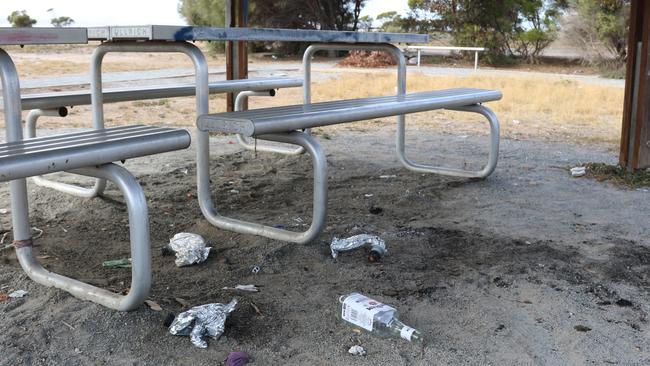
SA News
Don't miss out on the headlines from SA News. Followed categories will be added to My News.
The uptick in anti-social behaviour at Ceduna in the state’s Far West has only been exacerbated by drug, alcohol and social services tasked with helping the community’s most vulnerable people, locals say.
Over the past 18 months, incidents of public intoxication and antisocial behaviour in the town have soared, which locals agree is due to a “small minority” of about 50-60 people from surrounding communities.
Last week, SA Liberal senator Kerryanne Liddle visited Ceduna and held roundtable discussions with local leaders and business owners.
“Locals told us that there were services that were being funded that actually contributed to people coming to town to drink and it enabled them to continue anti-social behaviour,” she said.
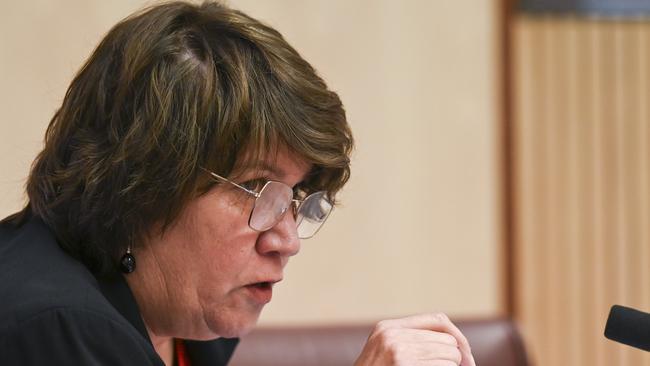
“When you’re feeding somebody every day, and they’re going around and around in circles, returning to you after a night of binge drinking, then that’s not an outcome.
“We need to know what they’re doing to move people from alcohol addiction to sobriety, and what they’re doing to support the families in the aftermath of what happens while people are embroiled in addiction.”
Former Mayor, Allan Suter who was one of the main drivers for the Cashless Debit Card (CDC) to be implemented in Ceduna in 2016 by the former Coalition, said people were not using the services for their intended purpose.
“People abusing alcohol use the services to get food, tea and coffee before drinking more alcohol,” he said.
“There is a strong belief in the community that those services ought to be provided in the communities and not in Ceduna.
“The services are acting as a drawcard to bring people into Ceduna.”
Ms Liddle called for an audit on organisations who are federally funded and tasked with “improving the lives of Indigenous Australians”.
Since the abolition of the CDC, the Albanese government has spent more than $130m across the six sites to help people transition off the CDC and get access to support services.
Federal Minister for Social Services, Amanda Rishworth told the Advertiser the funding directed to Ceduna and the other sites were informed by Local Service Plans which were “done with community”.
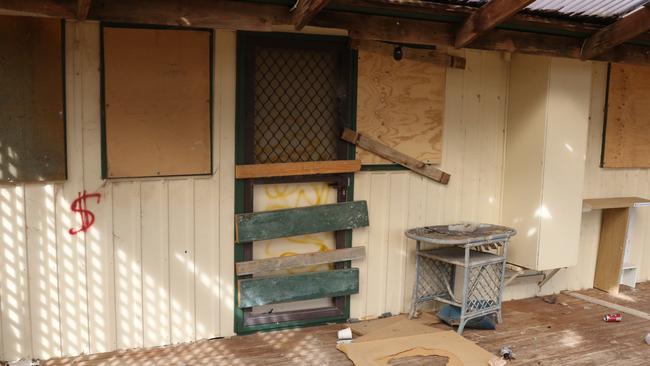
“We are making it a priority to respond to local communities’ needs and invest in services and programs in a way that is meaningful and can be delivered effectively,” she said.
“Ensuring communities can chart their own pathway to addressing entrenched disadvantage is how we will see sustained change.
“It’s important these communities continue to get tailored local solutions that support their priorities and continue their own pathway to addressing entrenched disadvantage.”
The six sites where the CDC was implemented spread from Ceduna, the Goldfields (Kalgoorlie), East Kimberley, Bundaberg and Hervey Bay.
Ms Rishworth said the government would continue to “assist” communities where the “punitive” CDC operated, and that there was “no evidence” that policy worked.




